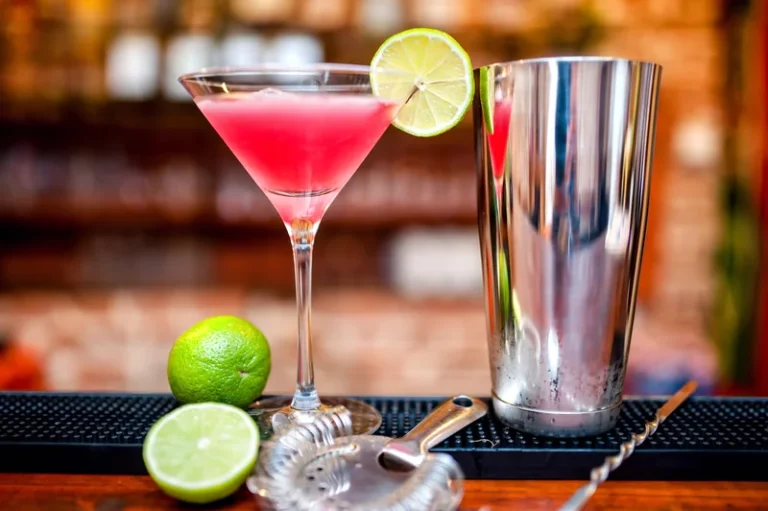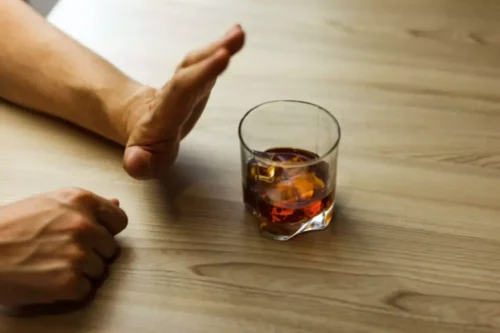Moreover, starting your day with a glass or two of water can set a positive tone for your body’s hydration requirements. Ensuring you’re well hydrated before meals can also curb overeating and consequently, help manage sugar cravings. Moreover, sugar has been found to affect neurotransmitters in the brain, such as serotonin and endorphins, which are involved in mood regulation and the experience of pleasure. This can create a cycle where individuals seek sugar to temporarily boost their mood and alleviate withdrawal symptoms from alcohol. Explore effective opiate addiction treatment options in Kansas and start your recovery journey today. There are various reasons a person may experience cravings, such as changes in brain chemistry, habit formation, and triggers.
Impact of Alcohol on Blood Glucose
- These spikes and crashes make sugar cravings incredibly common in early recovery from alcohol use disorder.
- Research indicates that FMT from alcohol-resistant donors can reshape intestinal micro-ecology and prevent alcohol-induced liver damage and inflammation in alcohol-sensitive individuals [7].
- Working with a dietitian or nutritionist familiar with addiction recovery can be beneficial in this regard.
- The relationship between these two factors can also be influenced by genetic predispositions and individual circumstances.
One common phenomenon experienced by many individuals in alcohol recovery is the intense craving for sugar. It may seem puzzling at first, but there is a strong link between sugar cravings and alcohol recovery. Intermittent, excessive sugar intake can lead to behaviors similar to drug addiction, including bingeing, withdrawal, craving, and cross-sensitization. https://ecosoberhouse.com/ This suggests that overconsumption of sugar may trigger addiction-like responses in the brain, further fueling cravings for sugar. Another reason why recovering alcoholics crave sugar can be traced to the body’s attempts to replenish its store of glycogen, a type of sugar stored in the liver and muscles used for energy.
- Overweight individuals may be more susceptible to alcohol relapse than those who maintain physical health through proper nutrition and physical activity.
- During alcohol recovery, this mechanism can become overactive, leading to intense sugar cravings.
- Explore why residential treatment centers aren’t always possible for recovery and discover alternatives.
- This can make it more likely a person will continue to consume alcohol.
Build your own personalized toolkit
At some point and time, everyone craves a bit of sugar here and there. Whether you’re a huge body builder or on a strict vegan diet, sugary foods are all around and easy to tempt the mind. But, it seems that individuals recovering from alcohol abuse tend to crave sweets just a bit more than the average person. There are plenty of reasons that explain this occurrence, and it’s something that many drug and alcohol treatment services plan around. While sugar cravings might make you feel good initially, read on to learn why they aren’t always good for recovering alcoholics.
Alcohol cravings: What they are and how to manage them
Some people turn to sugar to satisfy their craving for alcohol, swapping one addiction for another. This increases their risk of eventually relapsing and returning to alcohol use. When they cut back or quit, their bodies crave the sugar rush they experienced when drinking. When you drink alcohol, your liver becomes preoccupied with metabolizing alcohol. While it’s focused on this, it cannot release enough glucose into the bloodstream.
This is what most of my clients believe to be true if they are having sugar cravings. And honestly you get a minimal amount of carbs from something like vodka or tequila. “The body is really miraculous in coming into a homeostatic state,” she said. “Eventually, people feel more cravings why do alcoholics crave sugar for healthier foods and have more energy.” When not drinking, you might begin to notice feelings of anxiety or other emotional distress, along with strong cravings for alcohol. Unveil the long-term effects of alcohol on your health, from heart issues to mental health impacts.
The Science Behind Sugar Cravings Post-Alcohol
- Unravel what benzodiazepines are, their uses, side effects, and mental health impacts in our revealing guide.
- Now that we’re not using alcohol for instant gratification, our brain is seeking the next best thing, which in a lot of cases is sugar.
- Alcohol use disorder can have a significant impact on the body’s nutrient levels.
- Alcohol has a substantial impact on blood sugar levels, causing spikes and crashes, which make sugar cravings incredibly common in early recovery from alcohol use disorder.
What is the Leading Treatment for Opioid Use Disorder?
- It could take some time and effort to find a strategy that helps you navigate them effectively, but you do have plenty of options for support.
- Dr. David Deyhimy, with over 20 years of experience, is a board-certified physician in addiction medicine and anesthesiology based in Orange County.




